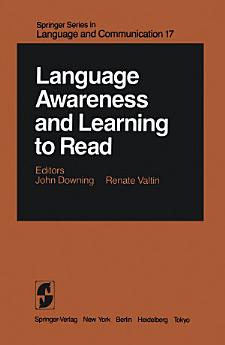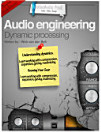Language Awareness and Learning to Read
J. Downing · R. Valtin
des. 2012 · Springer Series in Language and Communication Bók 17 · Springer Science & Business Media
Rafbók
305
Síður
reportEinkunnir og umsagnir eru ekki staðfestar Nánar
Um þessa rafbók
During the 1970s there was a rapid increase in interest in metacognition and metalinguistics. The impetus came from linguistics, psychology, and psycho linguistics. But with rather unusual rapidity the work from these scientific dis ciplines was taken over in education. This new direction in these various areas of academic study was taken simultaneously by several different investigators. Although they had varying emphases, their work sometimes appears to be over lapping; despite this, it has been rather difficult to find a consensus. This is reflected in the varying terminology used by these independent investigators "linguistic awareness," "metacognition," "metalinguistic ability," "task aware ness," "lexical awareness," and so on. For educators these developments presented a glittering array of new ideas that promised to throw light on children's thinking processes in learning how to read. Many reading researchers and graduate students have perceived this as a new frontier for the development of theory and research. However, the variety of independent theoretical approaches and their accompanying terminologies has been somewhat confusing.
Gefa þessari rafbók einkunn.
Segðu okkur hvað þér finnst.
Upplýsingar um lestur
Snjallsímar og spjaldtölvur
Settu upp forritið Google Play Books fyrir Android og iPad/iPhone. Það samstillist sjálfkrafa við reikninginn þinn og gerir þér kleift að lesa með eða án nettengingar hvar sem þú ert.
Fartölvur og tölvur
Hægt er að hlusta á hljóðbækur sem keyptar eru í Google Play í vafranum í tölvunni.
Lesbretti og önnur tæki
Til að lesa af lesbrettum eins og Kobo-lesbrettum þarftu að hlaða niður skrá og flytja hana yfir í tækið þitt. Fylgdu nákvæmum leiðbeiningum hjálparmiðstöðvar til að flytja skrár yfir í studd lesbretti.








